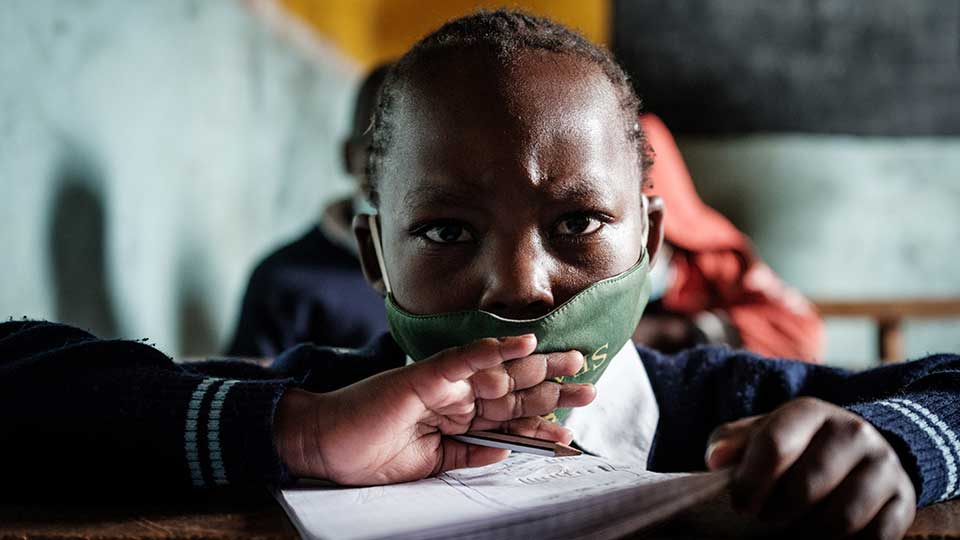Our podcast conversation this week with the Kenyan economist Anzetse Were was a feast of insights. Among these was her point that there is a massive lag between financing for climate mitigation versus climate adaptation. The former refers to measures directly aimed at reducing future greenhouse gas emissions that further worsen global warming. The latter relates to how we’ll adapt our societies to deal with the emissions already in our atmosphere. These historical emissions mean that a lot of global heating is already (ahem) baked in and with it the desertification, sea-level rise, and other challenges they cause.
I thought of Were’s point when I saw the announcement this week by Félix Tshisekedi, president of the Democratic Republic of Congo and current chair of the AU, of the African Adaptation Acceleration Program. The AU’s plan, with partners like the African Development Bank (AfDB), is aimed at this gap. It would target $25 billion at four fronts in the adaptation struggle: adaptive technologies for agriculture and food security, infrastructure resilience, adaptive job creation for young people, and innovative ways to catalyze more climate financing for Africa.










